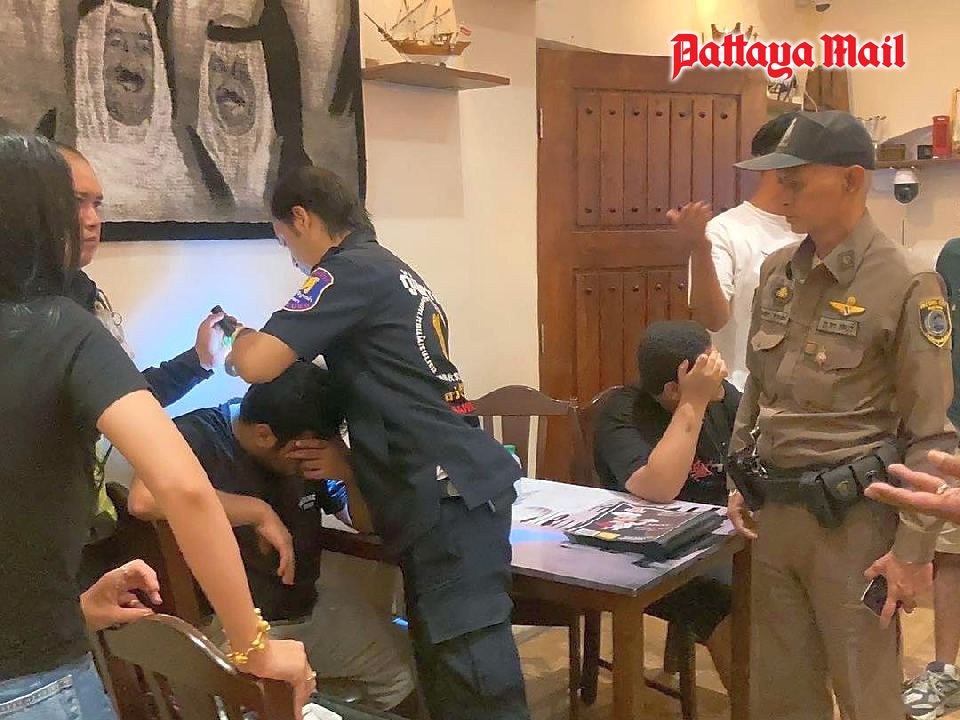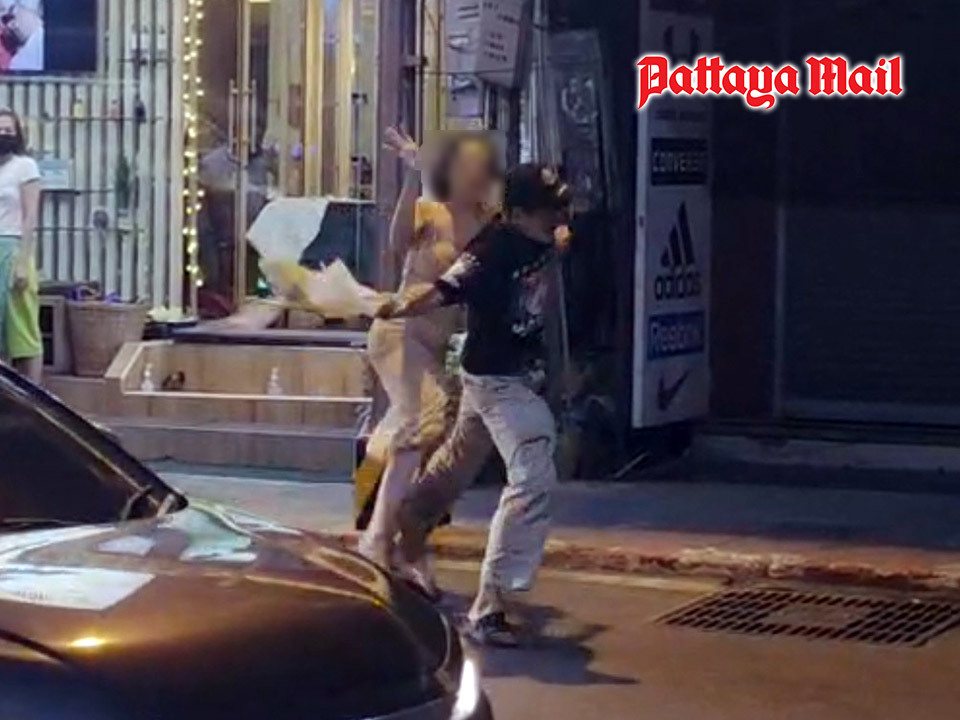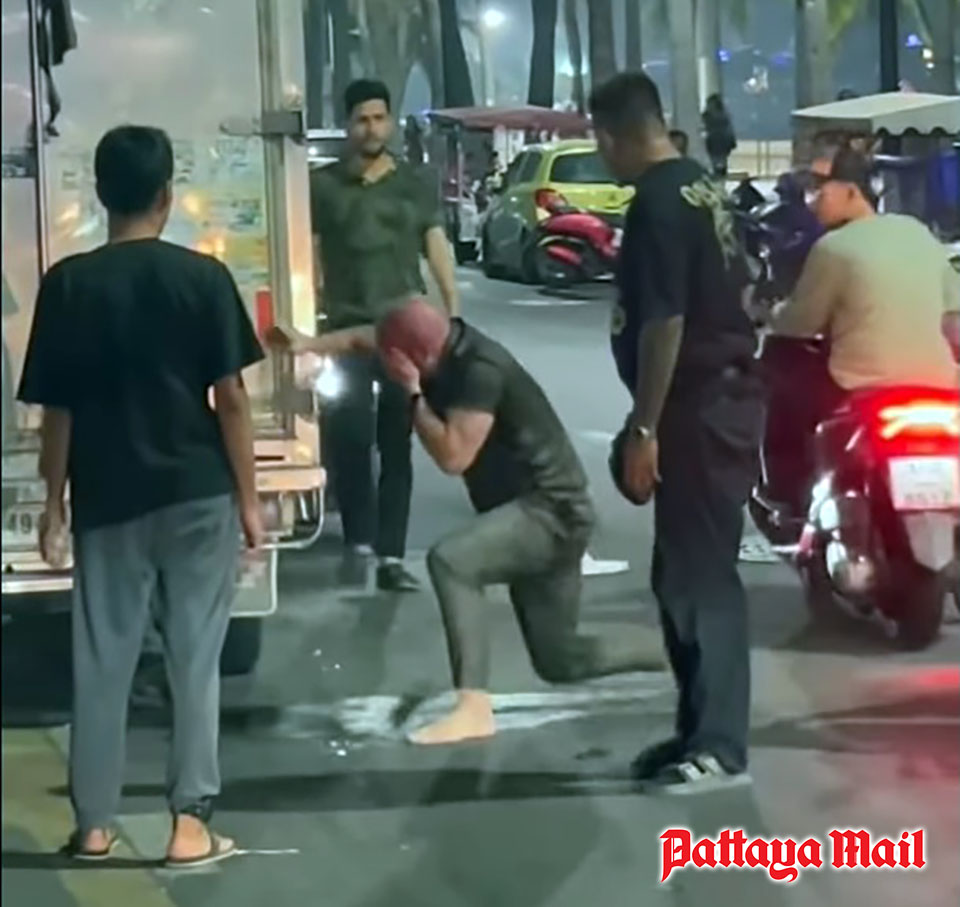
PATTAYA, Thailand – Pattaya, often called “The Land of Smiles,” is renowned for its bustling nightlife, beautiful beaches, and vibrant tourist scene. However, recent events have cast a shadow on this once idyllic image, revealing the underlying tension between tourists and locals that has been brewing for years.
The recent attack, which saw a group of locals attacking a foreigner, has sparked outrage and raised questions about the true nature of Pattaya. While many still tout it as a top tourist destination, others argue that this tragic incident highlights the complexities of living in and visiting the city.
“It’s a popular tourist destination, but that doesn’t mean it’s safe,” one commentator wrote, expressing the fear that now lurks in the hearts of many. “Thais want your money, not you,” they continued, painting a grim picture of the transactional nature of interactions in certain parts of Pattaya. Tourists flock to the area to relax, unwind, and spend money, but some believe the warmth of the “Land of Smiles” is merely a facade.
Critics argue that the infamous “smile” is often superficial, especially for those working in service industries like motorbike taxis and restaurants. One visitor noted, “I never saw a motorbike taxi driver or another working Thai smile. I’ve yet to see the Land of Smiles, been here for 3 years.” Such comments are echoed by others who claim that behind the smiles lies a deep frustration. For many locals, the daily struggle to make ends meet leaves little room for the warmth tourists expect to see.
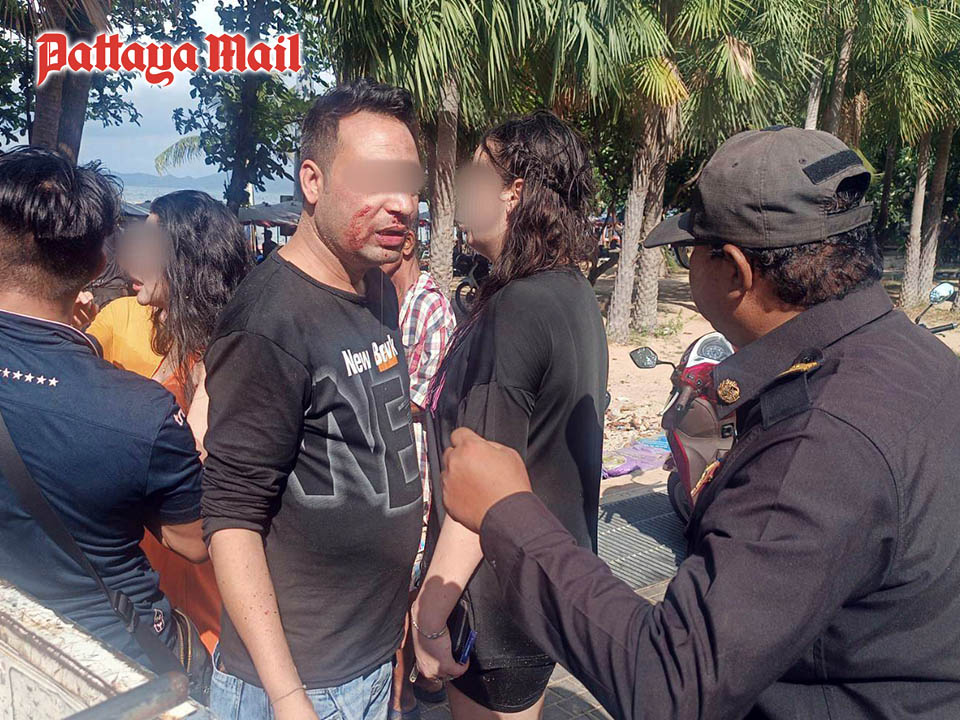
The recent attack also revealed a disturbing trend – many Thai locals seem to prefer “group” confrontations rather than one-on-one altercations. “Thais never fight alone. They always gang up,” one commenter said, referencing the way the attack unfolded. It’s clear that the incident, though widely condemned, is seen by some as a form of “vigilante justice” by the locals who have grown tired of tourists pushing boundaries.
Many blame the influx of tourists, particularly those in the sex tourism industry, for exacerbating the tensions. “Tourism causes jealousy amongst locals,” said one critic. “Tourists come with pockets full of cash to prey on their women. What could possibly go wrong?” This sentiment taps into the growing divide between tourists who treat Thailand as a playground and locals who struggle to make a living.
However, there are those who stand by the locals, believing that such actions are an expression of frustration. “Good action for bad tourists,” one person stated, defending the response. Others, however, are horrified by the sight of multiple individuals attacking a single person, saying it’s a “cowardly” and “weak” approach. “Why do the locals always mimic Soi Dog behavior? Attacking in a pack is weak,” said one comment, expressing dismay over the incident’s mob mentality.
Some expats, too, have chimed in, warning tourists to respect local customs or face the consequences. “When you leave your home country, you leave your rights and privileges behind. Never forget that,” cautioned one comment. In many ways, Pattaya’s recent image as a dangerous, unpredictable place for tourists reflects a deeper cultural disconnect between those who visit and those who live there.
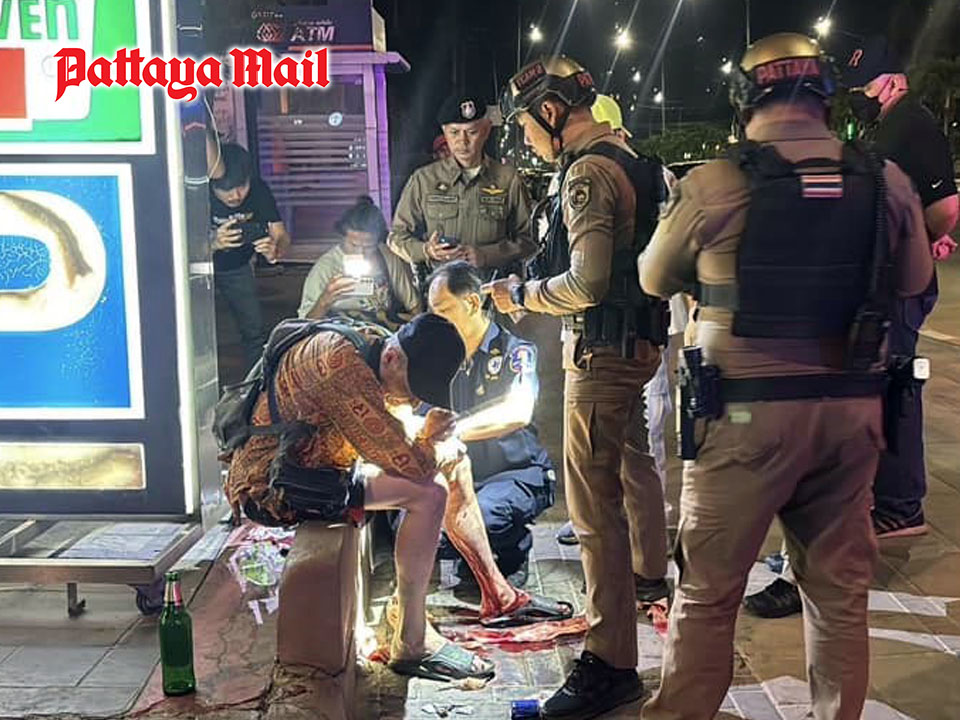
Indeed, the tension between locals and tourists is not new. “It’s clear that tourism causes jealousy amongst locals,” stated one person, noting how the behavior of certain tourists breeds resentment. But there is a broader issue at play – the perception that tourists can “get away” with behavior that wouldn’t be tolerated in other parts of the world. For some expats, the growing frustration with these tourists is palpable, with one expat even suggesting, “Cut the visa back to 30 days. It’ll fix everything.”
While the images of the recent attack will certainly affect Pattaya’s reputation, the true cost of such incidents lies in the erosion of trust between the locals and the people who frequent their city. It is becoming clear that the concept of “The Land of Smiles” no longer holds the same meaning for everyone.
For those who live and work in Pattaya, it’s a daily grind to survive. “Their everyday struggle to have money and food means they don’t have time to smile or kiss up to tourists,” one comment stated. In the eyes of many locals, the cheerful facade tourists see is nothing more than a survival mechanism in a city that can often feel like a pressure cooker of emotions, driven by economic hardship and the presence of foreign money.
Pattaya’s future, as both a tourist destination and a home to its locals, hinges on the ability of both sides to bridge the growing divide. Until then, the phrase “Land of Smiles” may become increasingly difficult to justify.
